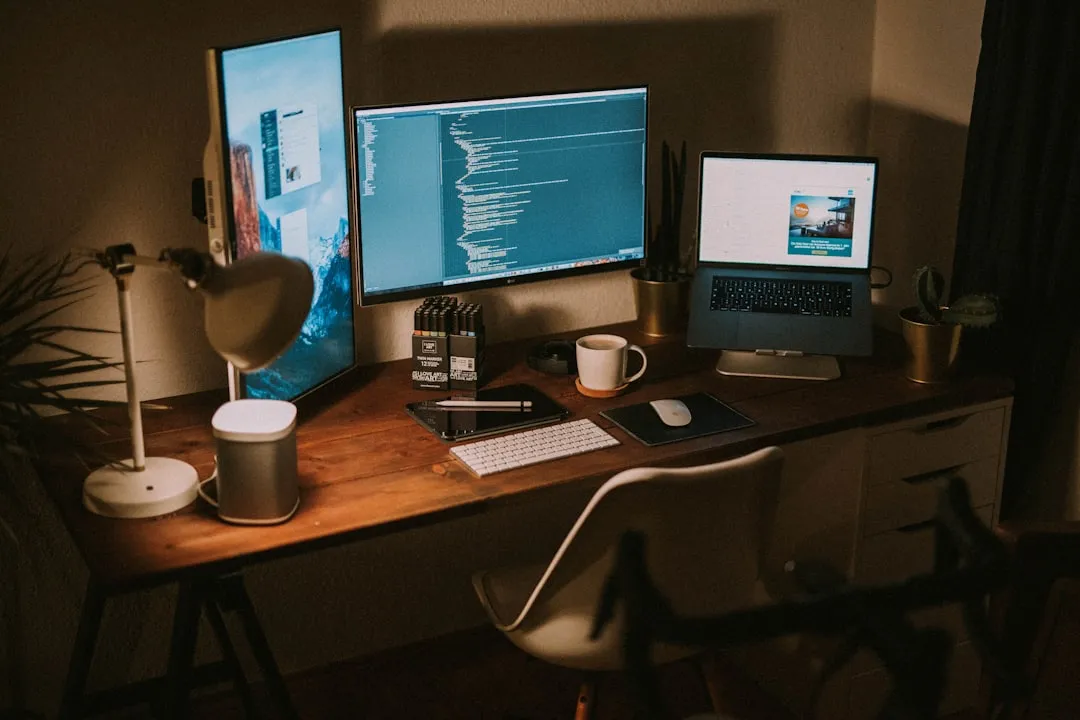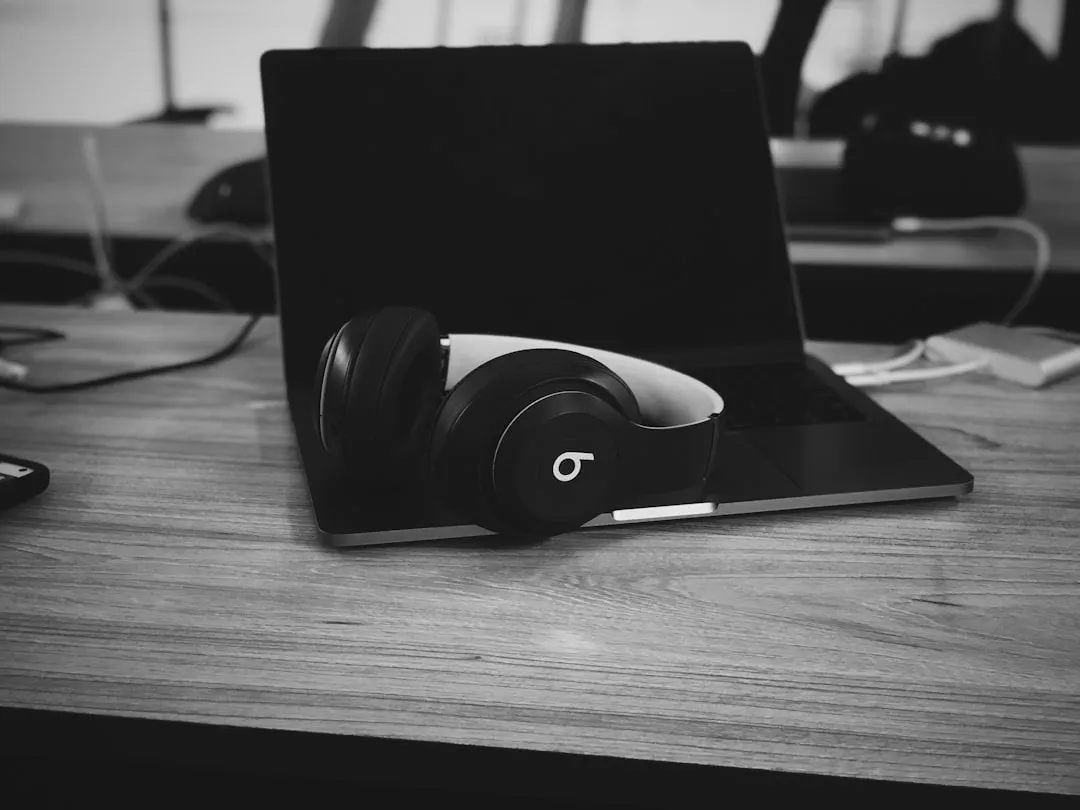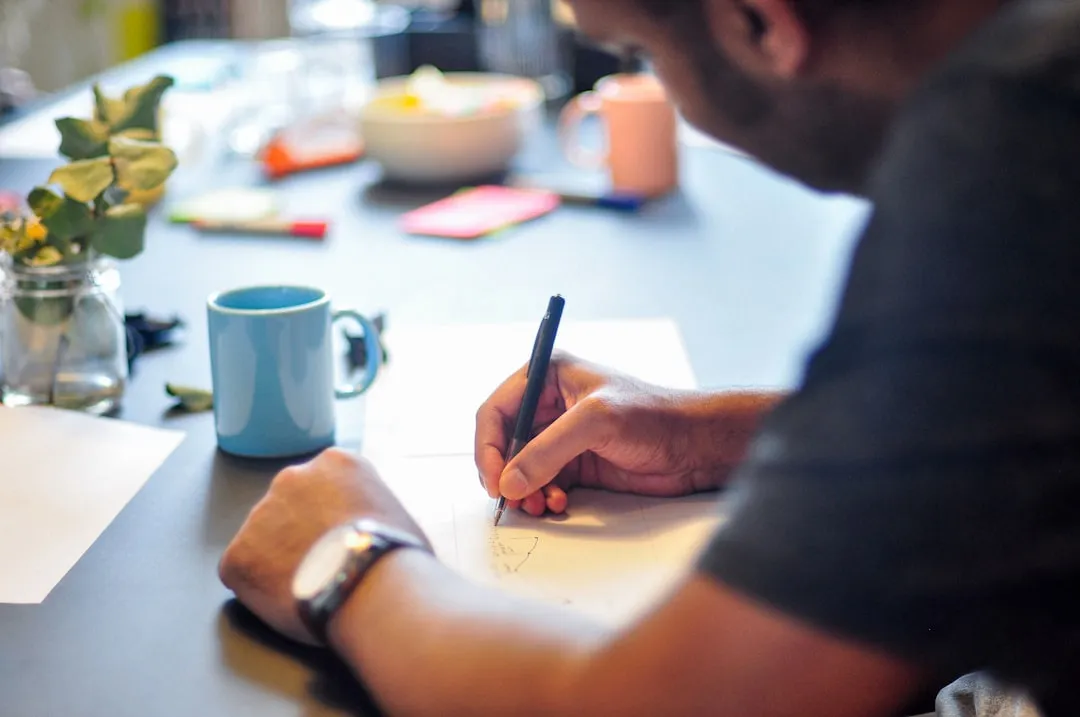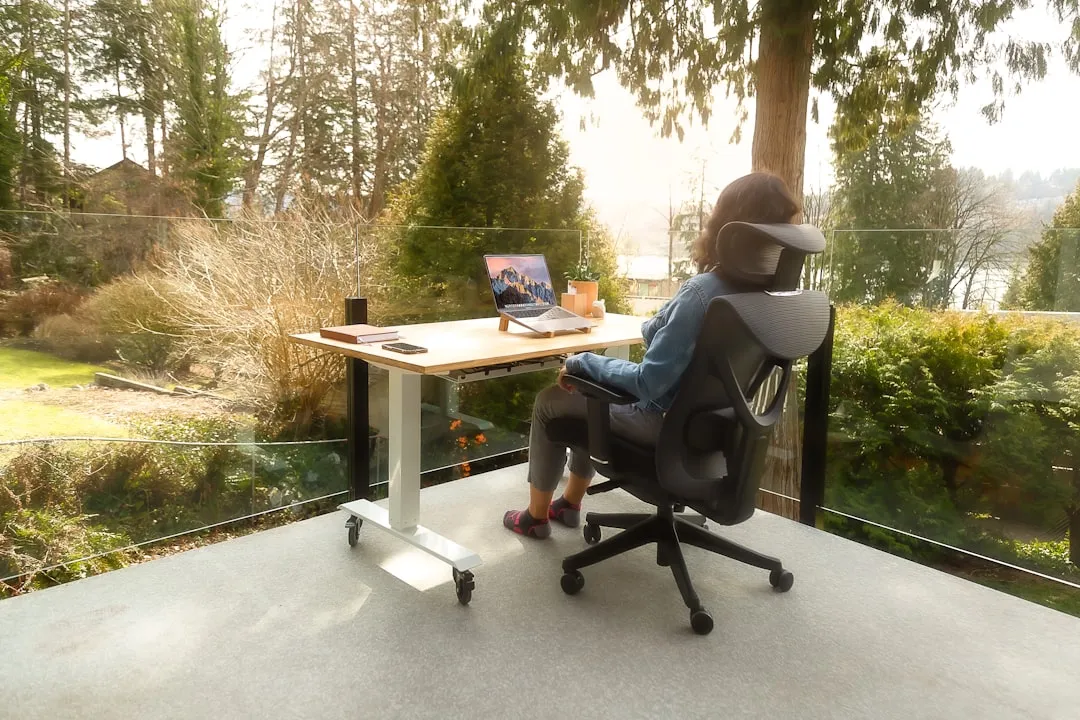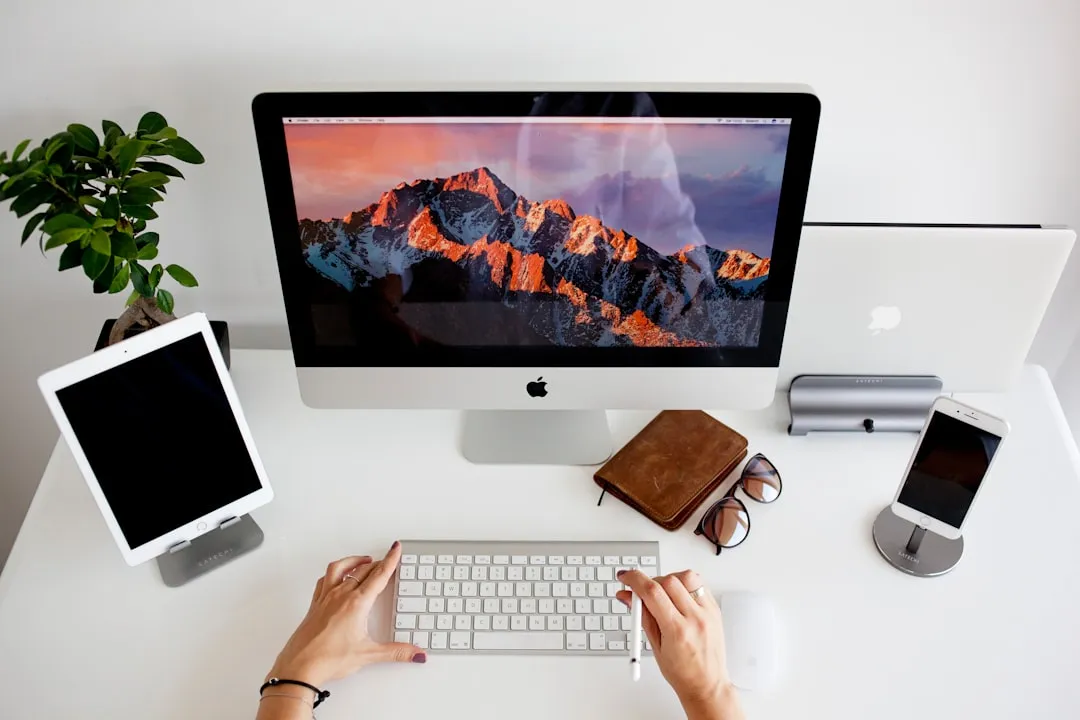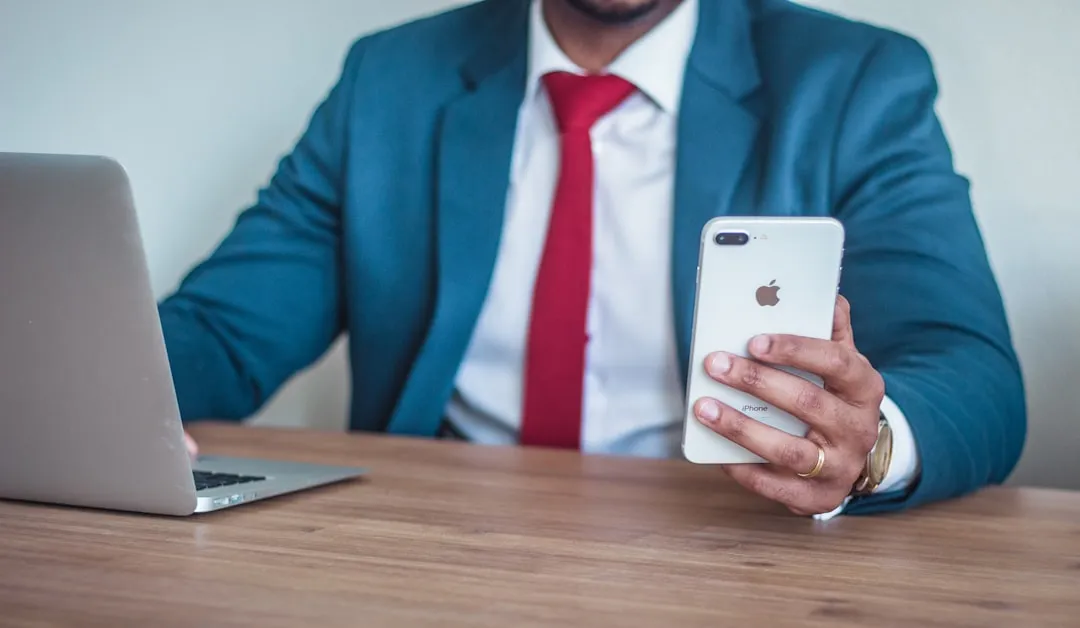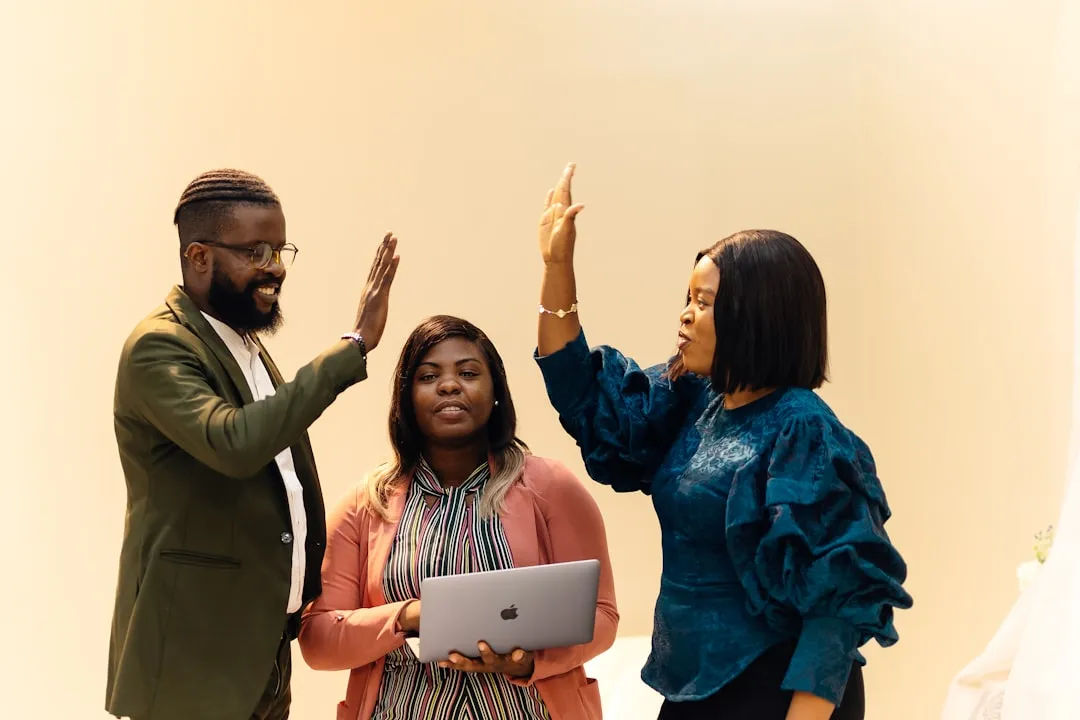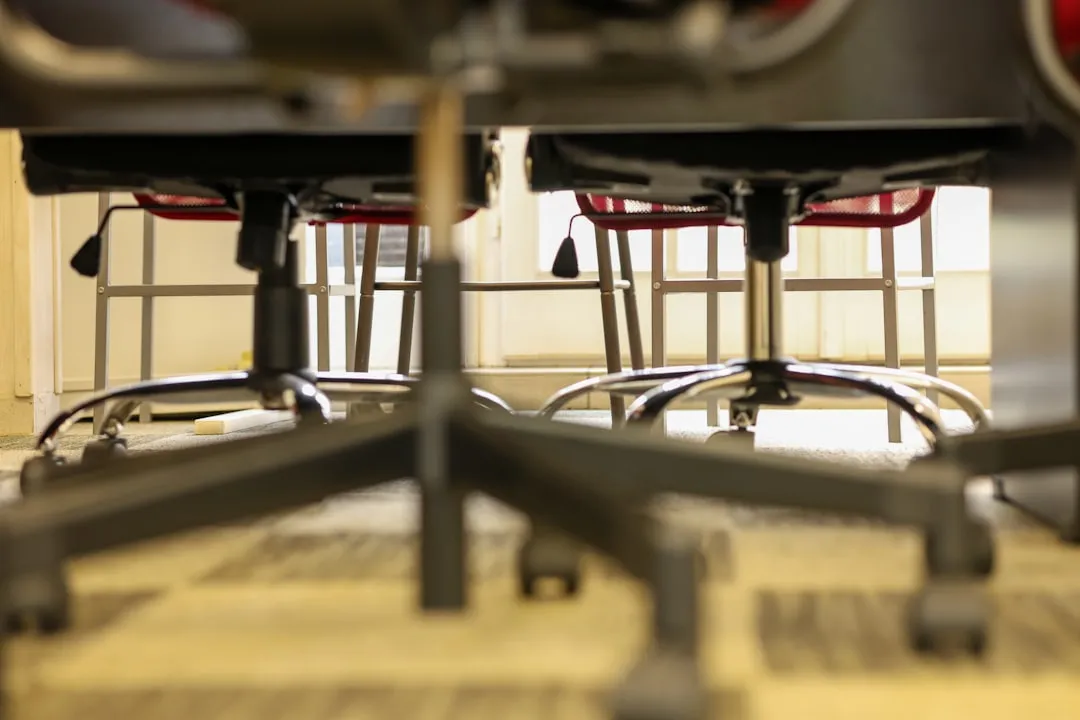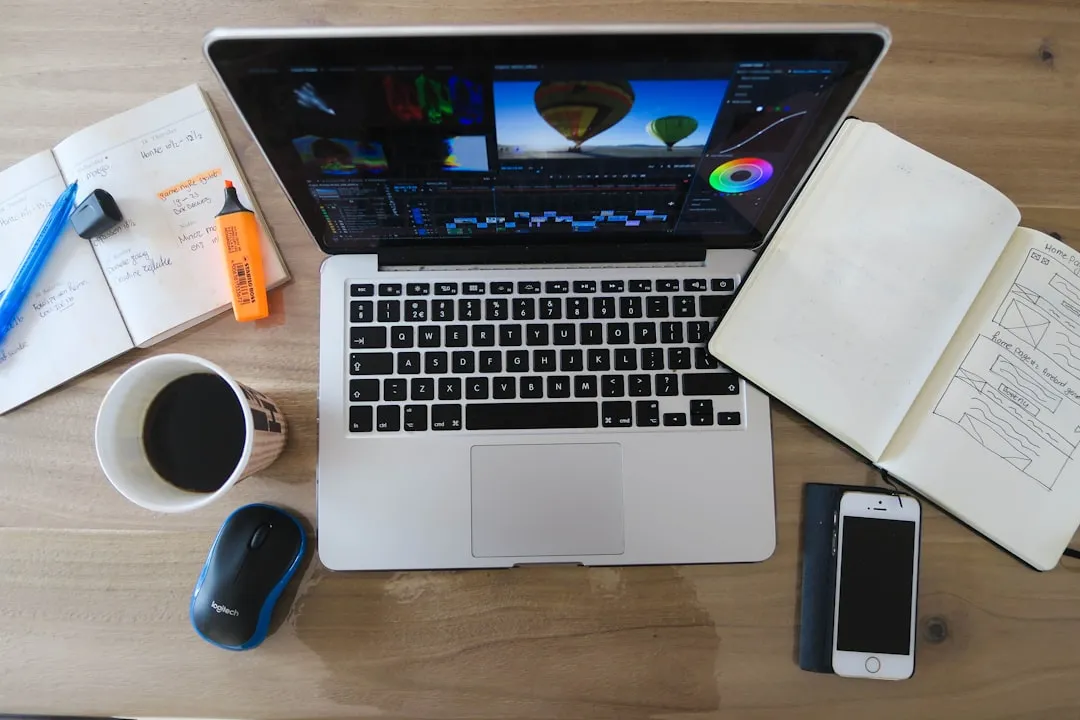We've said it before and we'll say it again: There's no right or wrong way to run an interview.
Each method, style and technique has it's own pros and cons, considerations and preparations depending hugely on your industry, business, the advertised position and so on.
It's all about finding out what works best for you and your company... and in this blog we're going to help you with that.
Below, we've outlined the 6 different types of interview and their advantages and disadvantages for your consideration.
Let's get back to basics...
1. The Telephone Interview.
Telephone interviews are hugely valuable because they speed up the interview process and minimise time-wasting, whilst culling your weaker candidates earlier on.
A face-to-face interview will take up your time as well as your candidate's, so having a quick chat to suss out whether they're suitable, before meeting up, will benefit both of you.
A CV only tells part of the story; hearing the candidate’s tone of voice and assessing their direct answers will provide a much more detailed insight into their personality.
This is the perfect interview for you if:
- You have heaps of great CVs and you need to cut down your potential candidate list
- You don’t have a lot of time on your hands
- The job that’s on offer requires great telephone communication
- You want to make your interview process as efficient as possible
How Long Should It Take?
In general, a telephone interview should take about 30 minutes, giving you both a chance to warm up for 5 minutes, check each other out for 20 minutes and warm down for 5.
Of course, if a candidate manages to keep you on the phone for longer than 30 minutes with engaging conversation, that’s a very good sign.
Advantages:
- It's quicker than a face-to-face interview
- It's cheaper than a face-to-face interview
- It's less effort for you and the candidate
- You can assess the candidate's telephone manner
- You can reach long-distance candidates
- You can cull weaker candidates right at the start of the process
Disadvantages:
- The call could be interrupted (bad signal, other calls, background noise)
- You can't read a candidate's body language
- You might have to schedule it outside of working hours (if their employers don't know)
- It's difficult to build as much rapport via the telephone
Here's a tip: You can use the telephone interview as a fact-checking exercise to verify any prerequisites for the role, for example, do they have a driving license? Also - don't try and be clever and multi-task whilst doing a telephone interview; it's important to remain focused, or you'll sound disinterested in your candidate! If you'd like to find out more about how to successfully pull of a telephone interview (and why you should even bother) click here to check out our recent post.
2. The Video Interview.
Video interviews (Skype, Google Hangouts, FaceTime) are a great alternative to telephone interviews.
The fact that you can actually see each other adds a certain level of importance and professionalism to the ‘call’ and removes the temptation for either party to multi-task or lose focus.
Of course, you could still face similar issues to those that plague the telephone interview.
Background distractions could still occur, other calls could come through, bad signal could distort the conversation and, as you can both see each other, there’s no hiding from them!
This is the perfect interview for you if:
- You have heaps of great CVs and you need to cut down your potential candidate list
- You don’t have a lot of time on your hands
- You have long-distance candidates to speak to
How Long Should It Take?
Video interviews will vary in length, depending on the situation.
If used as a substitute for the telephone interview, at the beginning of the process, then it should last roughly 30 minutes.
If used as a substitute to the individual face-to-face interview, nearing the end of the process (either a group video chat or one-to-one) then it should last roughly an hour.
Advantages:
- It's quicker than a face-to-face interview
- It's cheaper than a face-to-face interview
- It's less effort for you and the candidate
- You can reach long-distance candidates
- You can cull weaker candidates right at the start of the process
- You'll be able to tell if they're focused (or just reading from notes)
Disadvantages:
- The video call could be interrupted (bad signal, connection, background noise)
- You'll find it difficult to read the candidate's body language
- You might have to schedule it outside of working hours (if their employers don't know)
- It's difficult to build rapport via a video chat
- You have to look professional and focused (unlike via the telephone)
Here's a tip: To successfully pull off a video interview, you'll both need to set up an account with a service provider like Skype, Google or Apple, have a strong connection and be positioned in a quiet location. Tablets and phones are designed to make this process as easy and flexible as possible however we recommend using a computer for group video interviews - the more people, the smaller each feed will appear on the screen. To find out more about video interviewing, check out this post from Spark Hire.
3. The Panel Interview.
Panel interviews are the same as individual, face-to-face interviews, but with two or more interviewers in the room.
The main advantage of panel interviewing is that it precludes any personal biases that might creep into the assessment process.
Each interviewer will pick up on different characteristics, strengths and weaknesses and together (hopefully) make a much fairer judgement.
This is the perfect interview for you if:
- There are multiple people who need to meet the candidate before a decision is made
- The primary interviewer isn’t experienced
- You’ve reached a fairly late stage of the process
- You’re interviewing for a senior role and need to involve multiple decision makers
The panel interview is usually conducted as the sole or final step in the interviewing process to take place instead of an individual interview and following any telephone and/or group interviews.
How Long Should It Take?
Panel interviews should last 45 Minutes, at the very least, giving you a suitable amount of time to work out whether the person is genuinely right for the role.
A really great interview will last longer than an hour; your candidate must be doing something right if they’ve managed to engage you in conversation for such a prolonged amount of time.
Advantages:
- No personal biases
- The chance to compare different opinions
- More chance to get notes (while others talk)
- All relevant people meet at the same time
- Weak interviewers might need back-up
- The candidate gets a chance to meet everyone
Disadvantages:
- Some interviewers could get complacent
- It could be overwhelming for the candidate (scary!)
- Interviewers could interrupt each other, striving for dominance
- There’s a risk of disagreement
Here's a tip: One person should lead the interview, asking all of the main questions, while others follow-up with more in-depth inquiries into each topic. This allows the interview to flow more easily and should prevent overlaps and interruption. For more information on how (and why) to conduct a panel interview, check out this article from eHow.
4. The Assessment Day.
Assessment “days” can be used to assess larger groups of interviewees at the same time, for a range of different skills.
Common amongst graduate employers, they are a great way to evaluate candidates in more detail, for a longer period of time.
If you're interviewing a large group and your offices are only small, it's a good idea to seek out a local assessment centre to host the day for you.
This is the perfect interview for you if:
- Certain skills are essential for successful completion of the role
- You’re hiring graduates who’ve had no previous work experience
- You want to quickly assess large numbers of candidates in a team environment
How Long Should It Take?
Most assessments take place across one day (although some companies have been known to host week-long assessment interviews).
They're commonly used as the very first recruitment step, to suss out the superstar candidates in a big crowd, or as the only step, with an individual interview scheduled at some point, meaning the entire process is completed in just one day.
Advantages:
- You can assess a wide range of skills
- Extra time to get to know each of the candidates
- It minimises legal risk and is less disputable
- You can assess interpersonal skills and teamwork
- You can interview all candidates at once
- It sparks competition
- Out of the norm, so generates genuine answers
Disadvantages:
- More difficult to administer effectively
- The pressure will put some candidates off
- You’ll have to focus for a longer time
- Dominant personalities will quash others
- You could miss something or someone
- More difficult to build rapport with individuals
- Some candidates work better individually
It requires more staff to pull off Assessment interviews are so useful because they offer more time to assess a variety of skills, so make sure you take advantage of that with the following:
- Case studies. Give candidates (individually or as part of a team) some information to analyse and to draw different conclusions from.
- Group work. Pose a problem or brainteaser and ask the group to work it out together, presenting their strategy and findings at the end of the task.
- Activities. Set tasks for your candidates, for example, ‘sell this pen to me.’
- Presentations. Ask candidates to plan a presentation on a topic they feel passionate about, a random topic of your choosing or something industry-related.
- Individual interviews. If this is the final stage of interview, try to fit in scheduled, individual interviews at some point too (if not already conducted).
- Social events. Simply putting on a social event like a group dinner, lunch, party or activity day will enable candidates to exhibit their teamwork and interpersonal skills.
- Psychometric tests. See this article for more insights into the pros and cons of psychometric testing.
Mix it up a little bit. Interested in hosting an assessment day? Check out this article from WikiJob.
5. Group Interviews.
Group interviews are used a lot less regularly than the other interview techniques we’ve mentioned, but they still have their place in modern recruitment.
You could conduct your group interview in two key ways... like an individual interview; asking exactly the same questions that you would ask in an individual interview, openly, to the whole group, allowing candidates the chance to compete to impress.
Or like the assessment day, with brief introductions, leading into group tasks and activities.
This is the perfect interview for you if:
- Teamwork is an essential prerequisite to the role
- You want to assess how candidates cope with stress and in a highly competitive situation
- You’ve had a lot of interest and need to cull the weaker candidates.
How Long Should It Take?
Group interviews that replace the individual interview, should last roughly an hour and a bare minimum of 45 minutes.
Of course, interviews that incorporate group-work tasks are much more difficult to organise and will invariably last longer, so allow yourself more time.
Advantages:
- You can assess a wide range of skills
- You can assess interpersonal skills and teamwork
- It’s quicker (than assessment days)
- You can interview all candidates at once
- It’s a good method to cull candidates early on
- Sparks competition
- Less individual pressure on candidates
- Out of the norm, generates genuine answers
Disadvantages:
- More difficult to administer effectively
- The pressure will put some candidates off
- Dominant personalities will quash others
- More difficult to build rapport with individuals
- Some candidates work better individually
- It requires more staff to pull off
Here's a tip: It’s definitely worth bringing in a panel of interviewers so that you don’t end up missing anything or anyone. It’s easy to get distracted by dominant candidates who are more likely to stand out, but remember, those who shout the loudest aren't always the brightest!
6. Individual (face-to-face) Interviews.
Individual, face-to-face interviews are by far the most popular and efficient form of assessment.
Allowing you to get up close and personal with each candidate while keeping an eye on their body language is far more effective than any other interviewing format.
Think about it: do you find it easier to build a relationship with someone over the phone or face-to-face?
This is the perfect interview for you if:
- You don’t have a long list of candidates to see
- You’re comfortable with the interviewing process
- You’ve already completed an initial interview stage, via the telephone or video.
How Long Should It Take?
You can tell a lot about an individual interview, by how long it takes. As a general rule…
30 minutes or less would imply a less-than-average candidate. Either they didn’t grip you at all and answered with the bear minimum or something was seriously wrong and you just wanted to get them out of the room (or vice versa).
45 minutes is roughly average. This shows that the candidate is engaging in conversation, expanding and answering with detail. These could be great candidates for the job.
Over an hour. Candidates that are really impressive will keep you talking and before you know it, the interview will have overrun. These super-engaging candidates are the ones to look out for.
Advantages:
- You can build rapport more easily
- You can thoroughly assess the individual
- You have opportunity to dig deeper
- You can read their body language
- You can test the candidate’s commitment
- You're more flexible with location/ style (informal/ formal)
Disadvantages:
- Candidates can rehearse answers
- It’s time-consuming
- You’ll need a trained interviewer
- Interviewer bias will affect the decision
- There's no one present to assess the interviewer’s method
- It’s costly
- Interview techniques could be inconsistent
- Possible interview fatigue
Here's a tip: The individual interview is your chance to delve further into each candidate’s psyche and address any issues you might have with their CV, application or anything else you’ve discovered. But to save time, effort and money, it's sensible to, at the very least, conduct a telephone or Skype interview prior to a face-to-face meet, so you don't waste your time and the candidate's, if they're clearly unsuitable. Once you've decided to host a face-to-face interview, you'll also have to decide what kind of style it's going to be... check out this post to find out more.
Summary
You should always personalise your interviewing technique, structure and goal, in accordance with your business, industry and job role on offer.
Work to your strengths and try different techniques to see what works best.
When you have decided, take a glance at the "Assessing Applicants" section of our blog, which is filled with sample questions (both difficult and easy), hints, tips and warnings to help you interview like a pro.
Good luck with the interviews!




